News & Media
Unisa empowers educators and learners for a digitally intelligent future
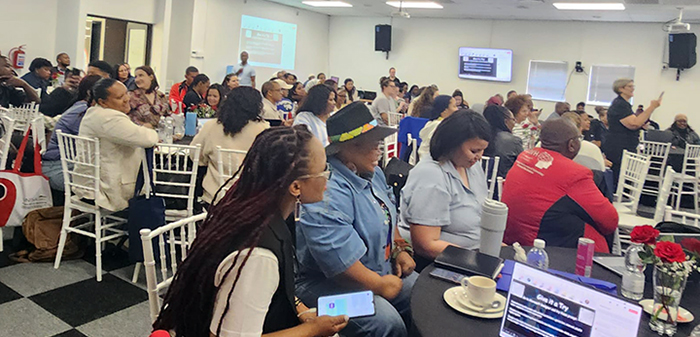
Western Cape Teacher Training
In a year defined by innovation and collaboration, the Unisa FutureMinds Bootcamp has emerged as one of the most transformative education initiatives at the university.
Implemented by the Department of Tuition Support and Facilitation of Learning (DTSFL), and steered by its Executive Director, Prof Meahabo Magano, in partnership with the Department of Basic Education (DBE), the initiative has positioned Unisa at the forefront of digital and AI-driven educational transformation across the country.
The FutureMinds Bootcamp was conceptualised as a direct response to persistent challenges within South Africa’s education system, particularly low learner enrolments and high dropout rates in first-year STEM (science, technology, engineering and mathematics) and commerce modules with key mathematics competencies.
Students often struggle with foundational concepts, practical applications and integrating technology into their studies. The FutureMinds initiative seeks to address these gaps through a structured, multi-phased approach that simultaneously builds educator capacity and learner digital resilience. With an emphasis on artificial intelligence (AI) literacy, digital innovation, and subject-specific pedagogy, the programme’s objective is clear, that is, to produce confident, tech-savvy learners and digitally skilled educators capable of shaping South Africa’s future-ready classrooms.
At the heart of FutureMinds lies its Educator Training Programme, which reached more than 2 099 participants in 2025 through a series of five national workshops. The inaugural Foundational AI Skills for Educators session, held in May 2025, introduced teachers to the fundamentals of AI, data literacy and responsible technology use. July’s AI Skills for South African Educators session, hosted in collaboration with Microsoft and the Academic Development Open Virtual Hub (ADOVH), expanded this foundation, providing hands-on training in applied AI tools such as Copilot and Reading Coach. By September, the initiative extended to pre-service educators and student teachers, ensuring the sustainability of digital competence in future teaching cohorts.
The Western Cape Symposium and FutureMinds Code-A-Thon further solidified the bootcamp’s presence as a national platform for collaborative innovation. The Code-A-Thon in November 2025 was particularly groundbreaking, bringing together 157 educators and 53 learners in a dual-format event that combined professional development with creative coding challenges. Learners engaged in a LEGO-based climate change challenge, while educators developed AI-driven lesson plans for 2026. In addition, educators and learners competed in the Code-A-Thon (facilitated by the ADOVH, SCADCO and Microsoft) using MakeCode to develop games on cybersecurity.
Parallel to educator training, FutureMinds hosted five national learner bootcamp classes between June and October 2025. Each session targeted different grade levels, blending synchronous online participation with accessible YouTube streaming. The first class, on 21 June 2025, drew 460 learners, marking a strong launch for the youth-oriented component. By July, attendance had soared to over 1 000 participants, demonstrating remarkable interest and scalability. Throughout the remaining sessions, learners were guided in digital literacy, problem-solving and AI engagement, culminating in a closing event in October 2025 that celebrated both participation and the continuity of learning. Collectively, the learner bootcamps achieved over 2 819 class attendances and generated more than 2 200 YouTube views, with the FutureMinds Introduction Video alone accounting for over 600 of these.
Furthermore, the project’s integration with Unisa’s MOOC platform enabled sustained engagement beyond live sessions, with 2 763 active participants across the Grade 8 to 12 courses presented. In total, the FutureMinds Bootcamp achieved an extraordinary 10 088 engagements across all activities in 2025, reflecting its expansive digital footprint and impact on national education.
The success of FutureMinds is anchored in its collaborative model, uniting public education (the DBE), academia (Unisa) and industry (SCADCO/Microsoft) to co-create a responsive and scalable education innovation. The project’s six-phase framework, ranging from process mapping to scaling and sustainability, ensures that each phase builds upon the previous one, advancing toward long-term integration into South Africa’s education policy and teacher development frameworks. Moreover, its focus on monitoring, evaluation and storytelling ensures accountability and continuous improvement, while its "train-the-trainer" model guarantees future scalability through educator multipliers and regional champions.
By bridging the gap between technology and teaching, FutureMinds stands as a testament to Unisa’s commitment to open, inclusive and transformative education, where every learner and educator is equipped not just to survive but to thrive in the age of artificial intelligence.
* Submitted by the Academic Development Open Virtual Hub
Publish date: 2025-11-12 00:00:00.0


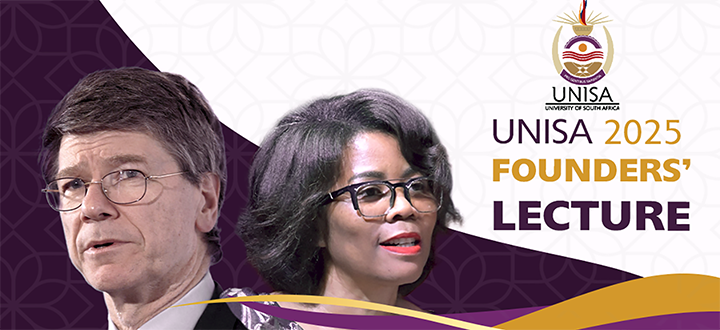 Renowned economist and global leader in sustainable development to speak at Unisa
Renowned economist and global leader in sustainable development to speak at Unisa
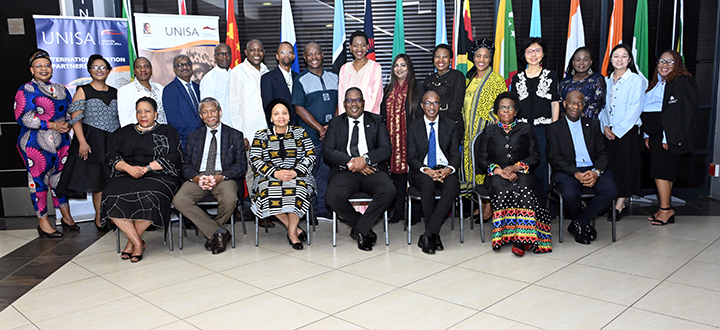 Reimagining African identity, culture, history and philosophy
Reimagining African identity, culture, history and philosophy
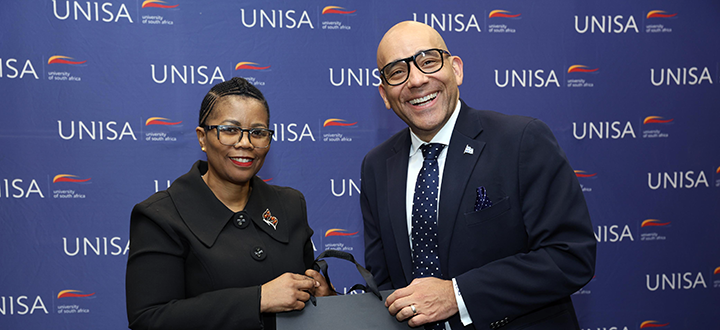 Unisa strengthens global ties in science and innovation
Unisa strengthens global ties in science and innovation
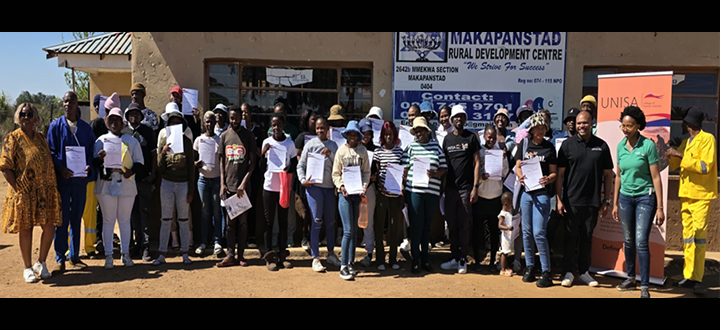 Empowering unemployed youth in rural communities through a multidisciplinary engaged scholarship
Empowering unemployed youth in rural communities through a multidisciplinary engaged scholarship
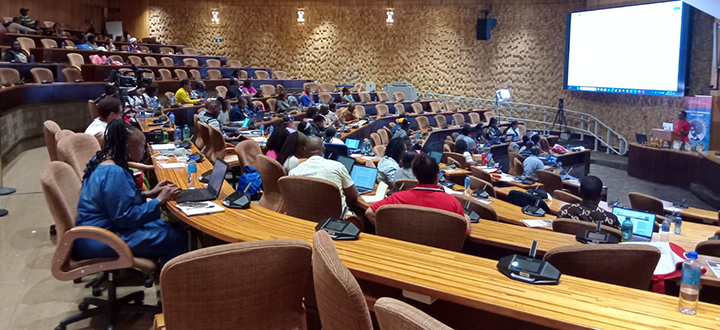 Unisa empowers educators and learners for a digitally intelligent future
Unisa empowers educators and learners for a digitally intelligent future